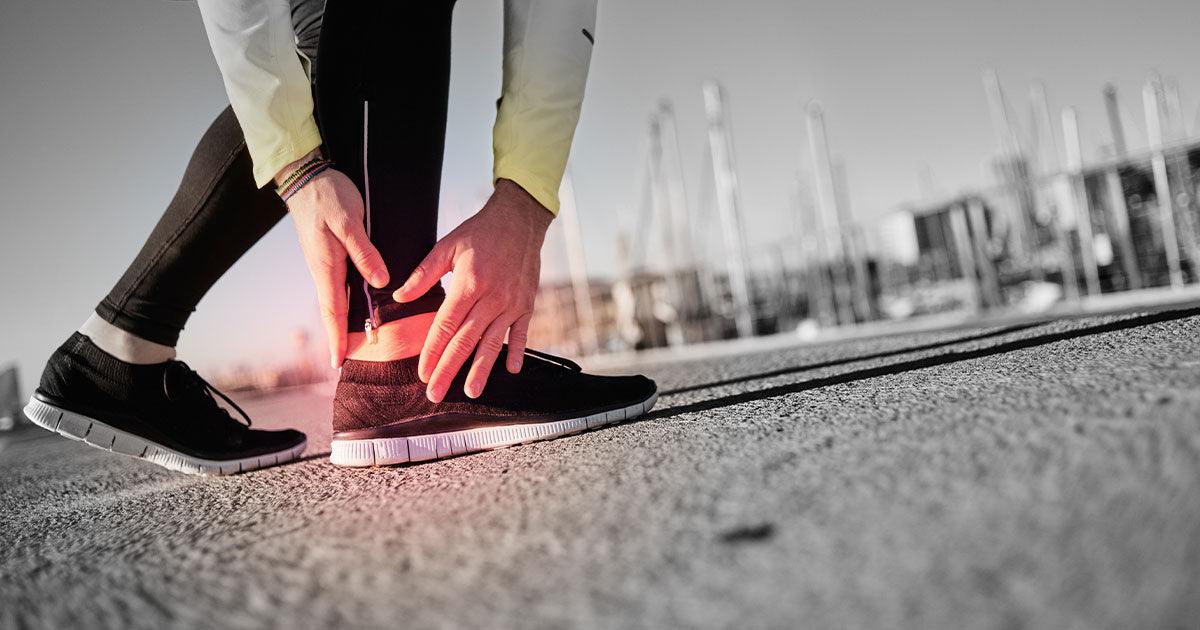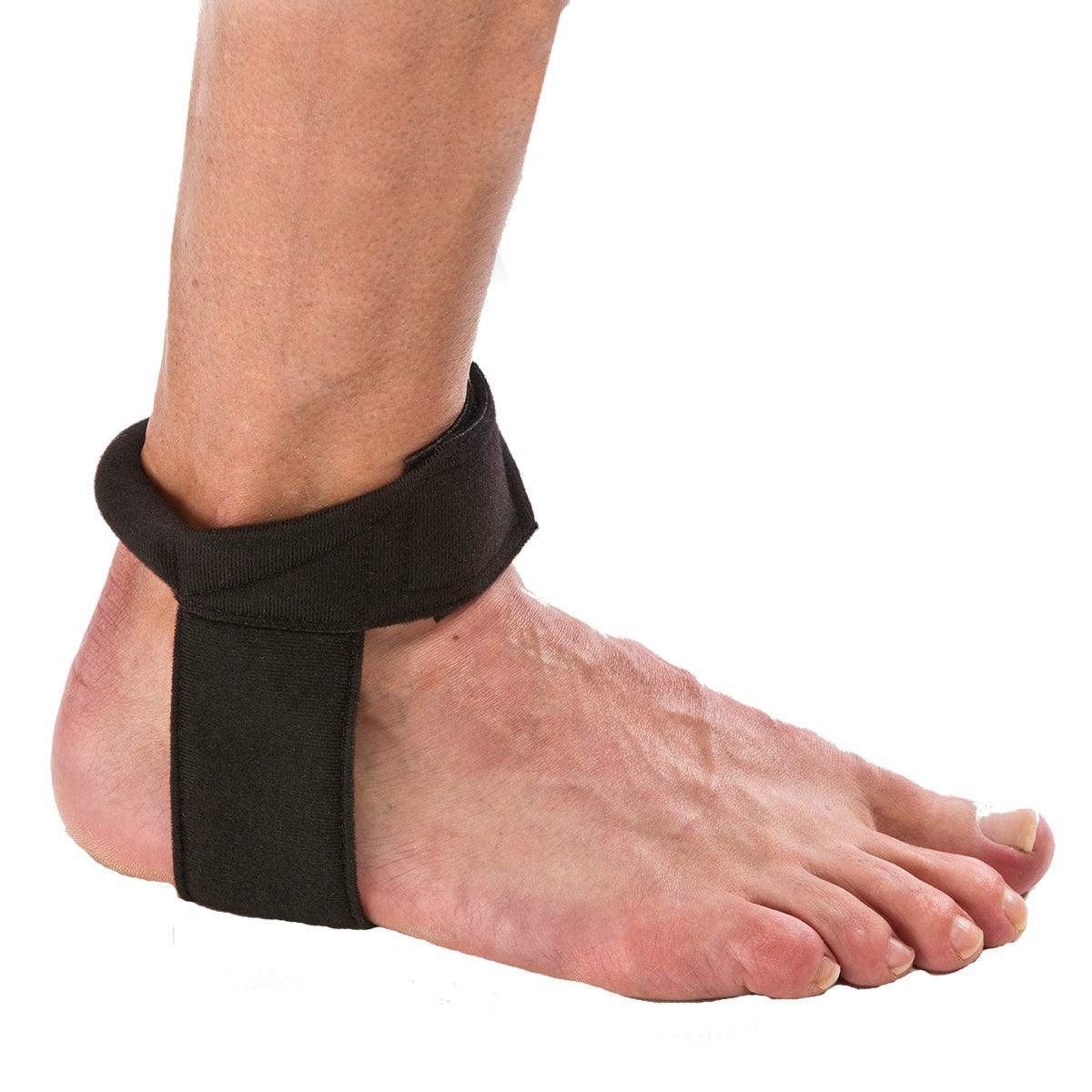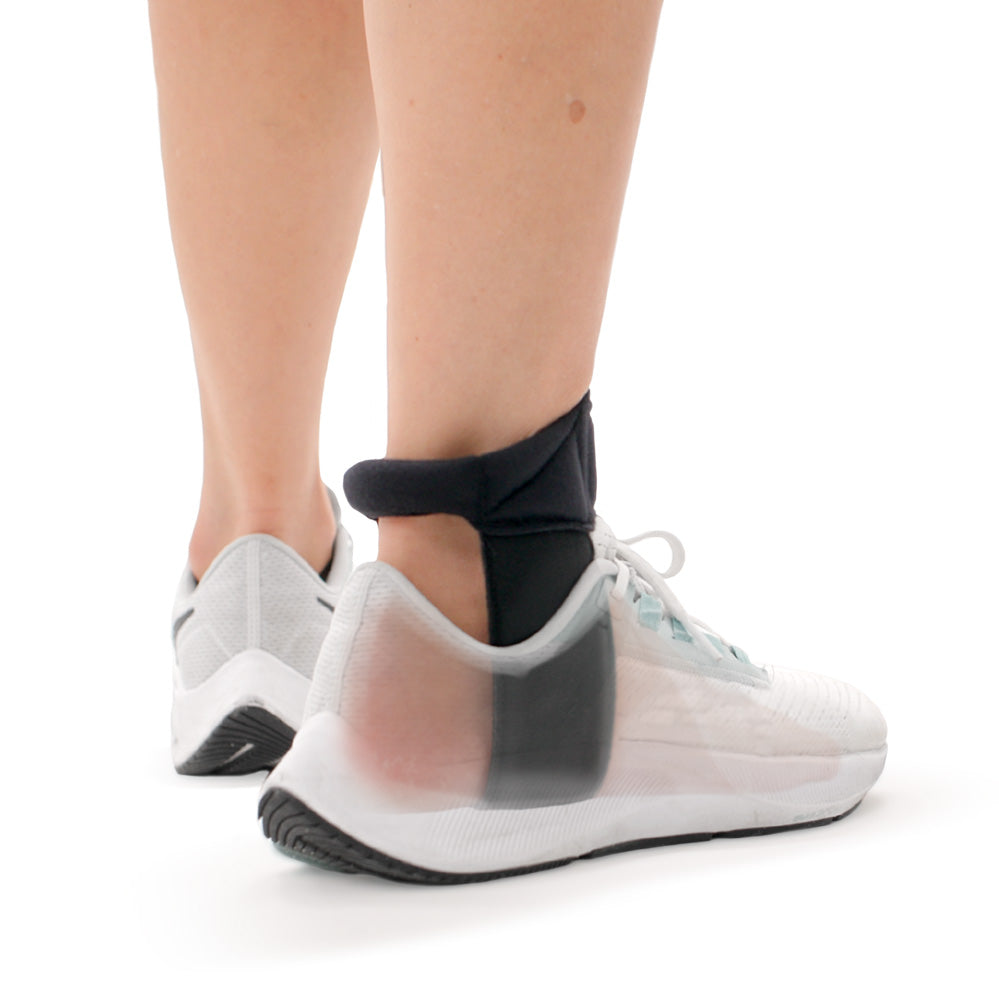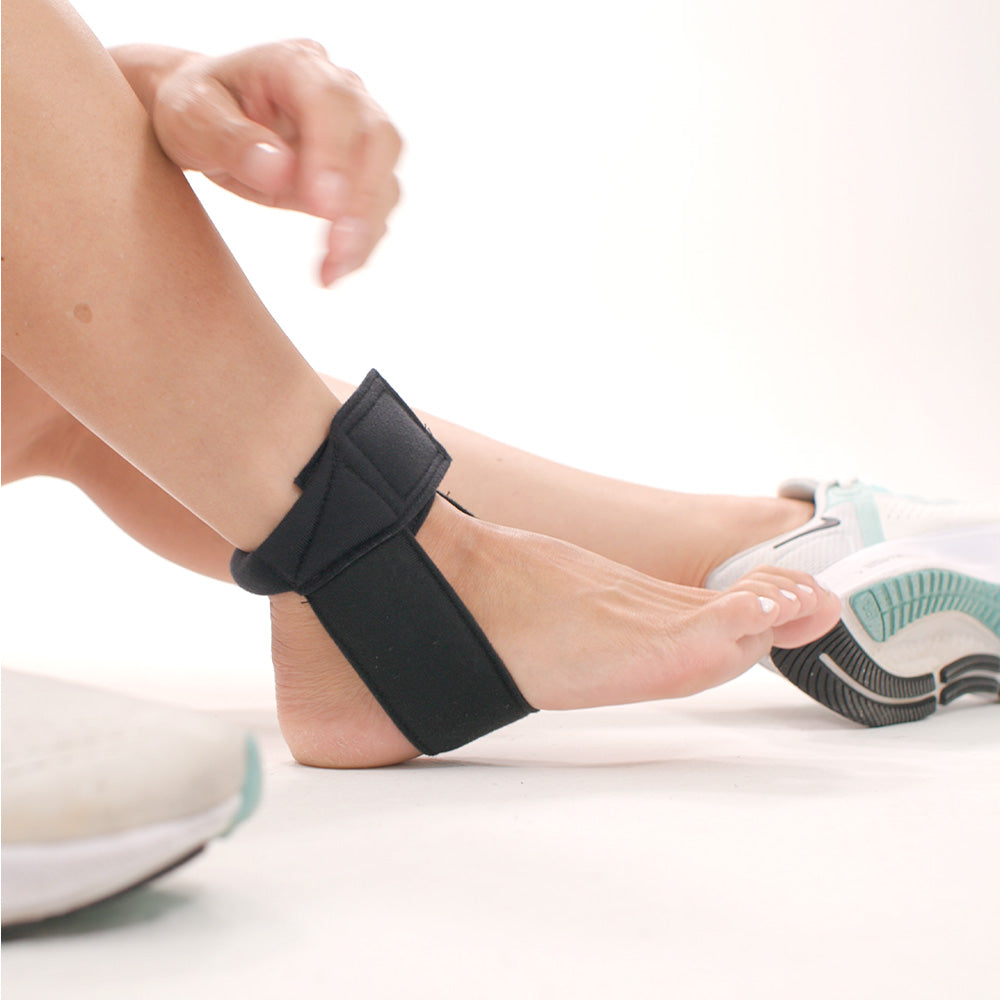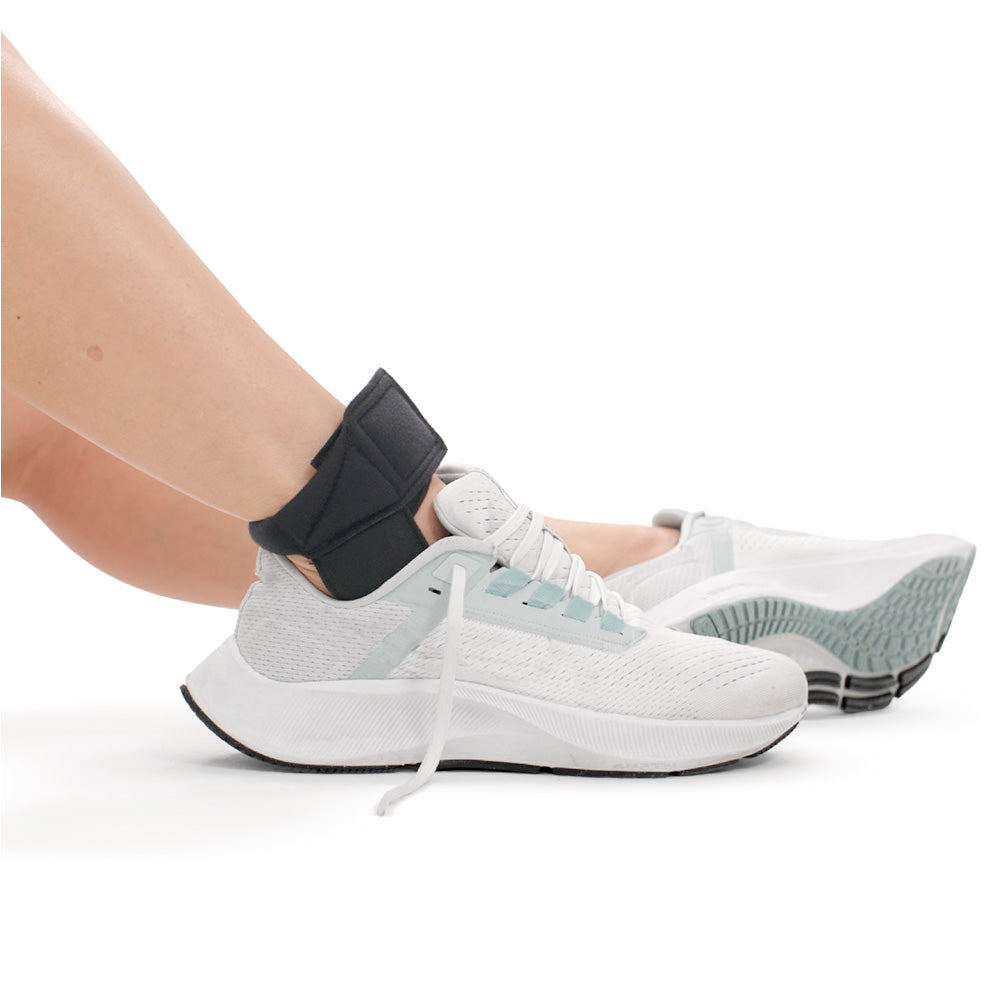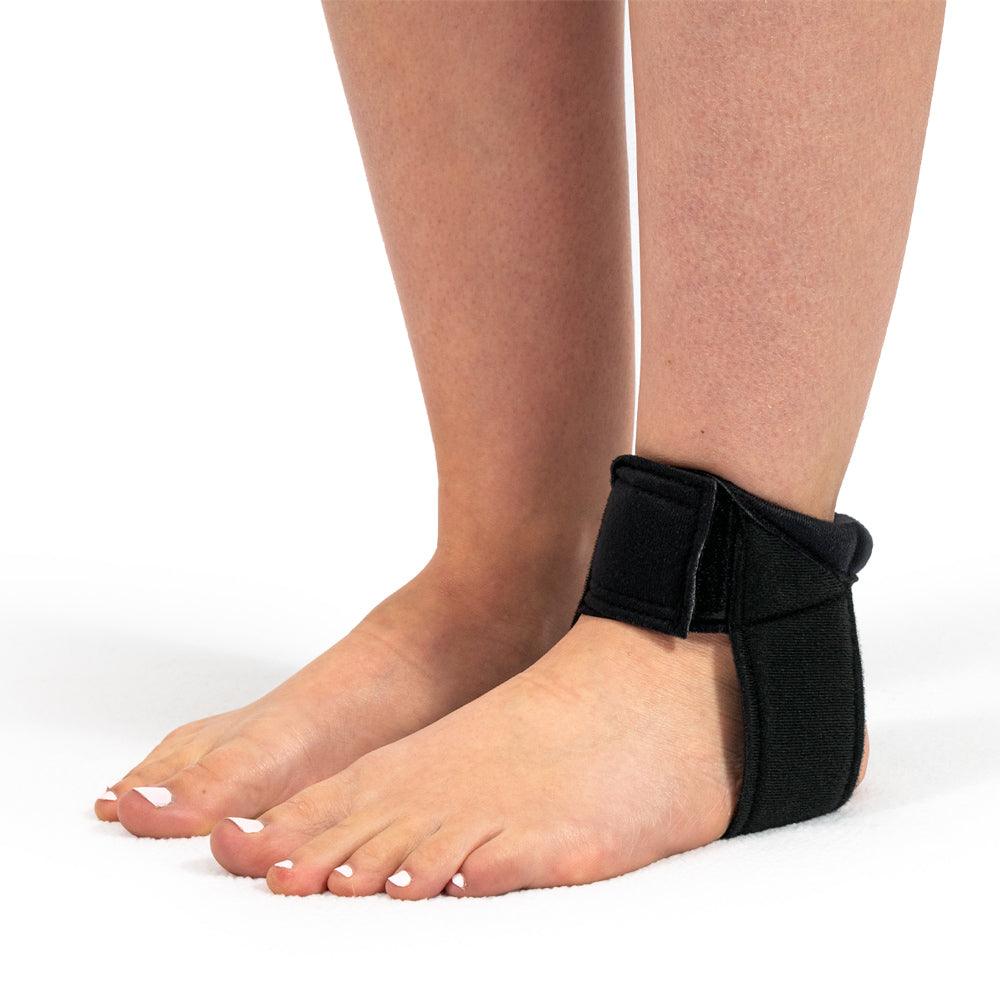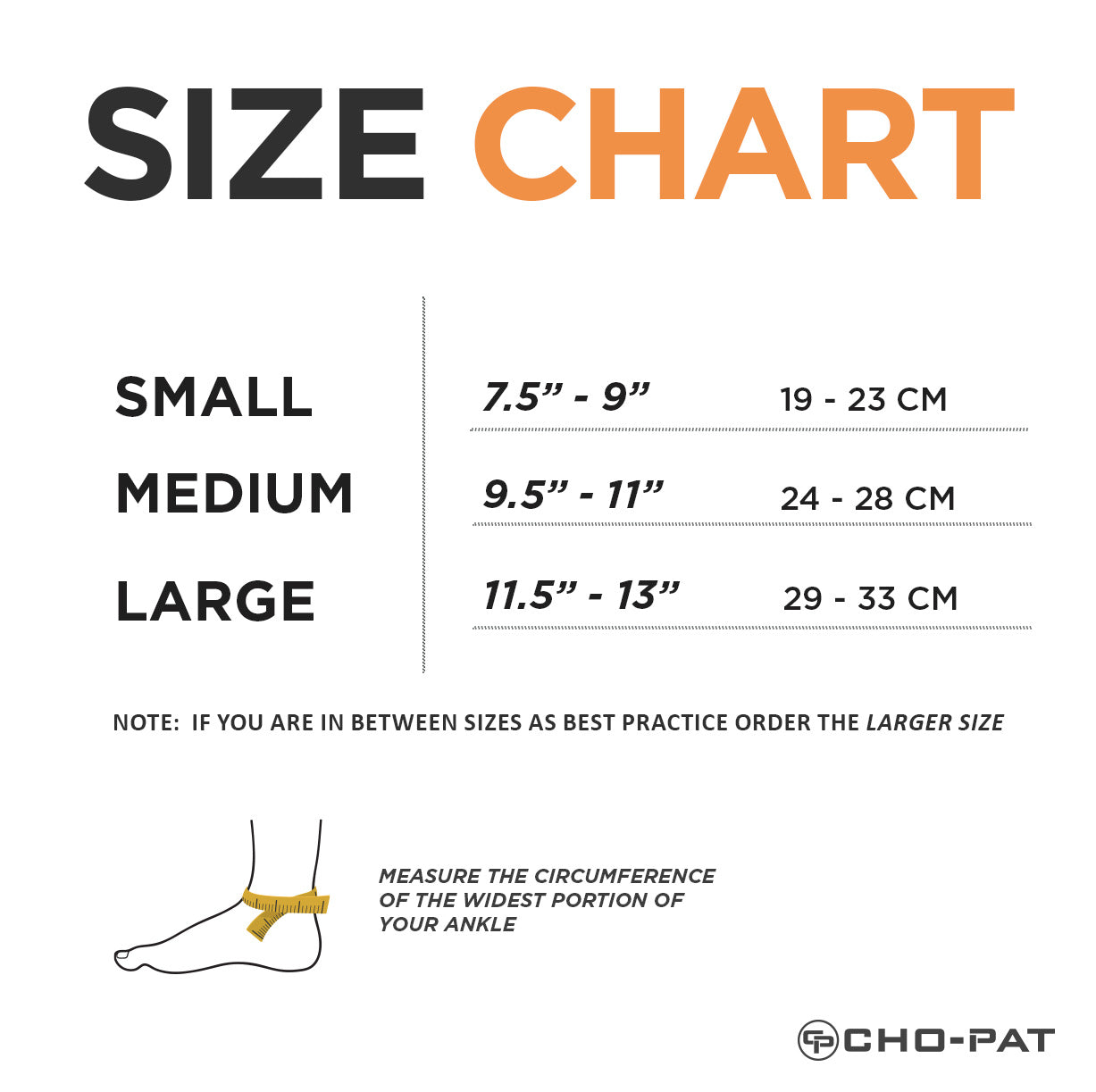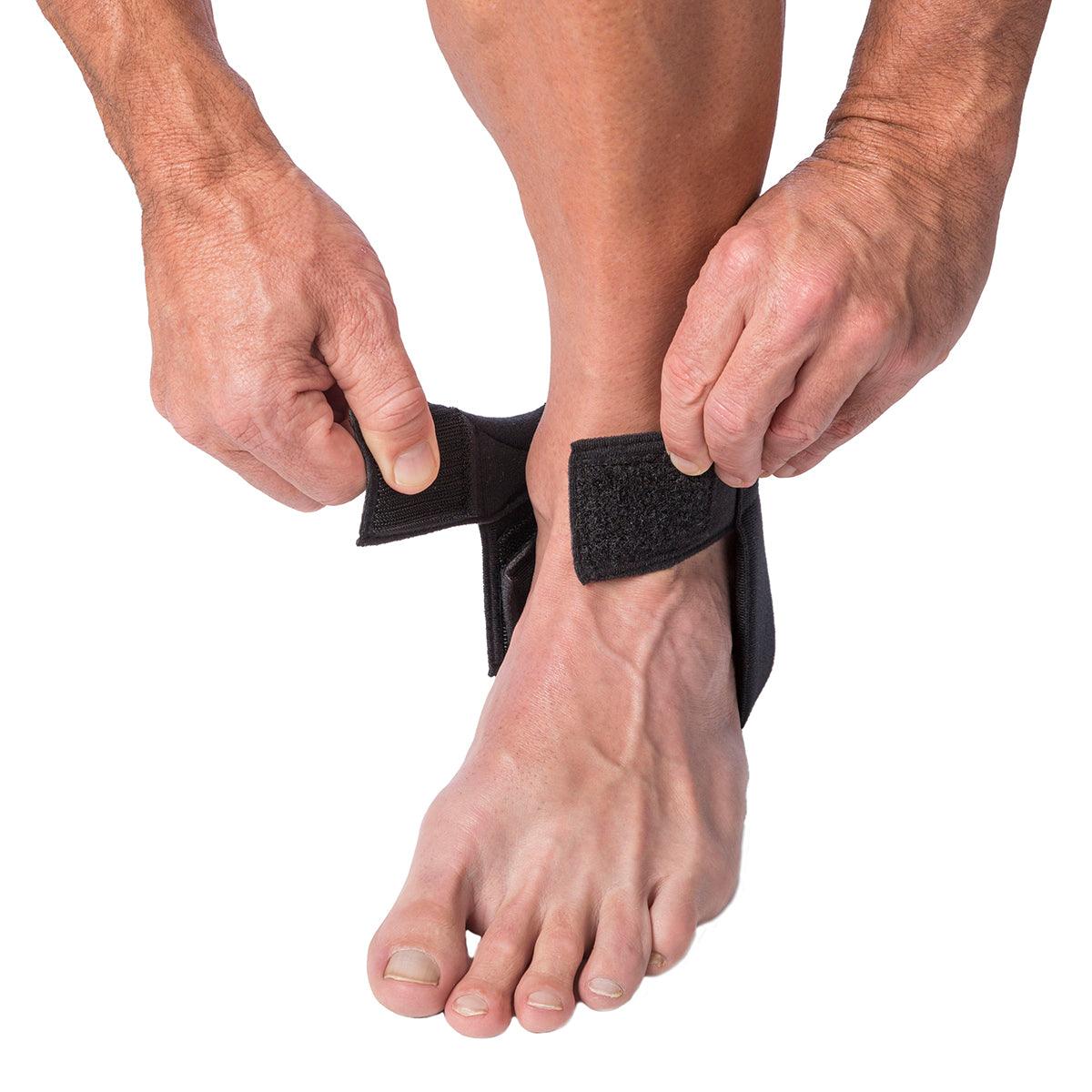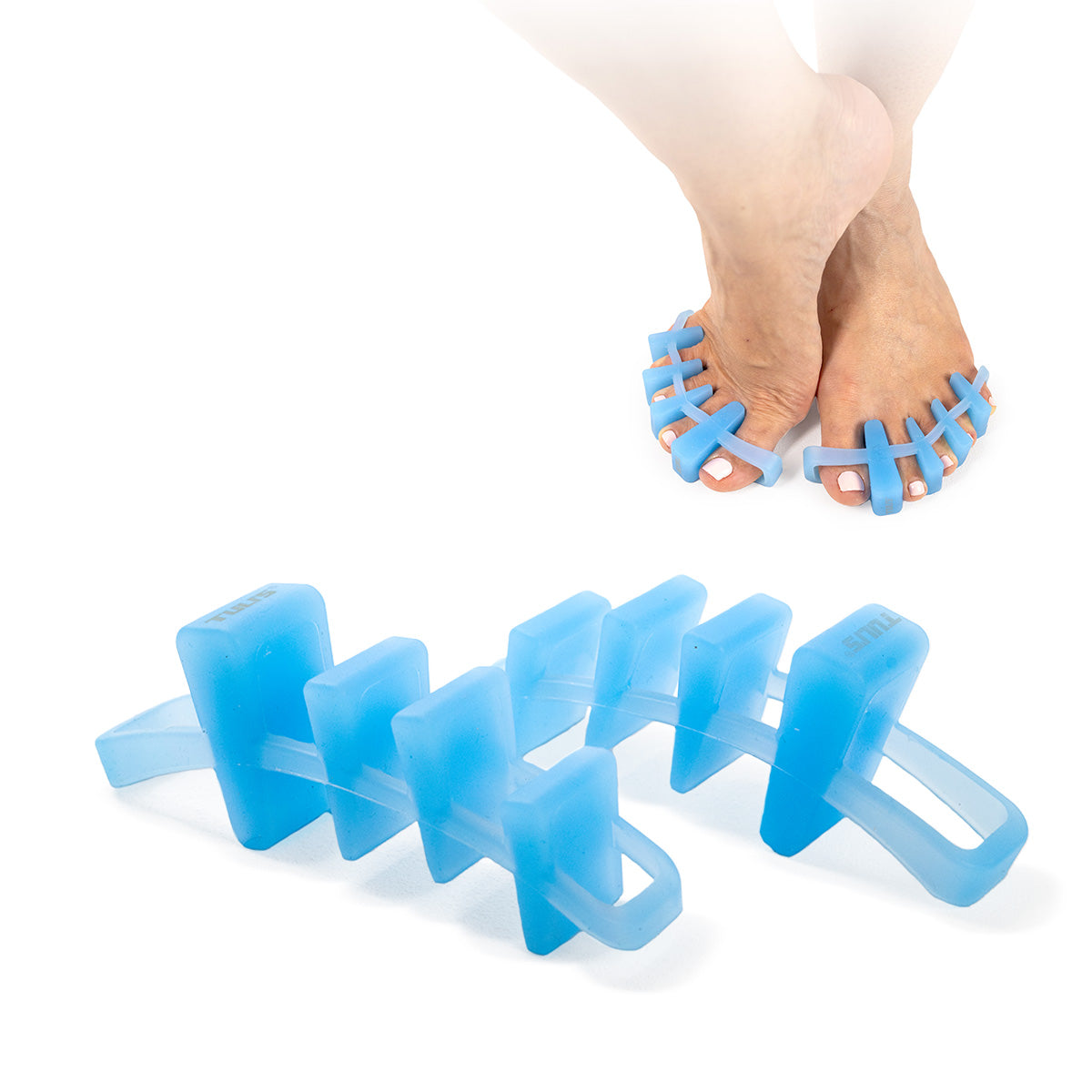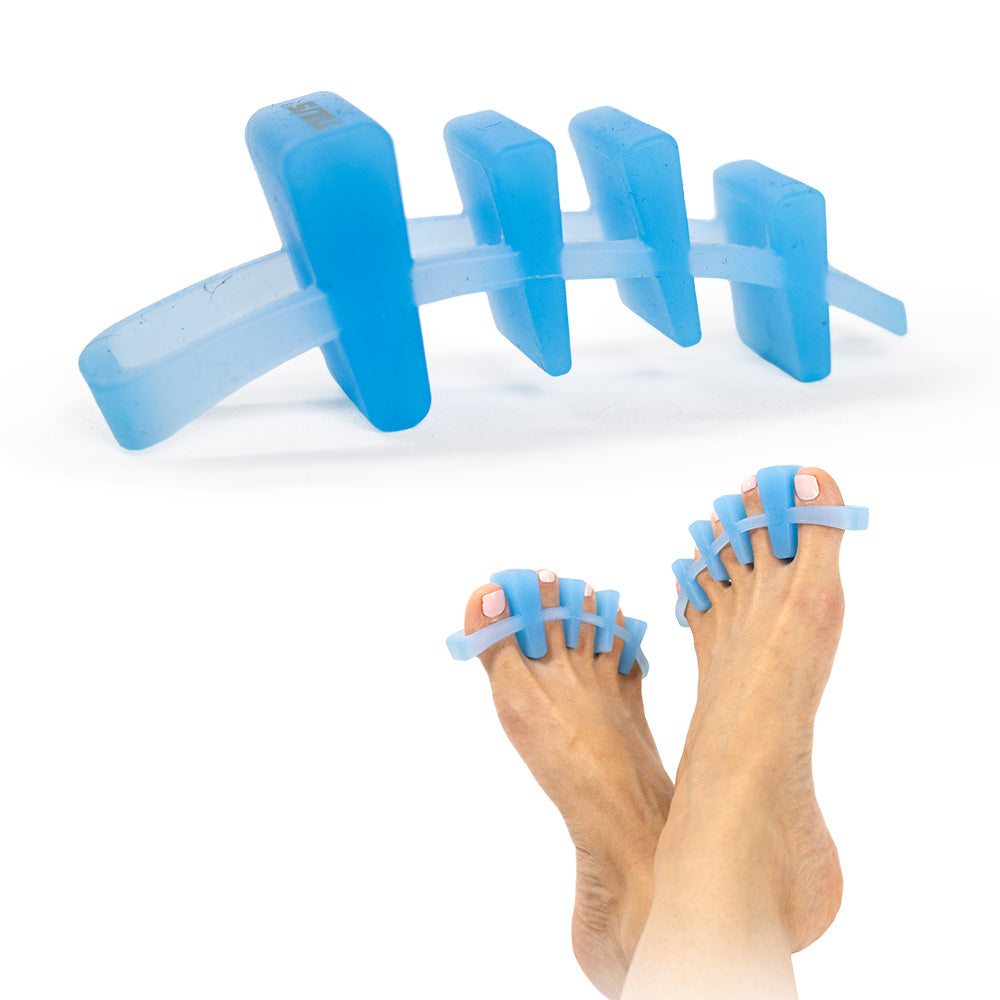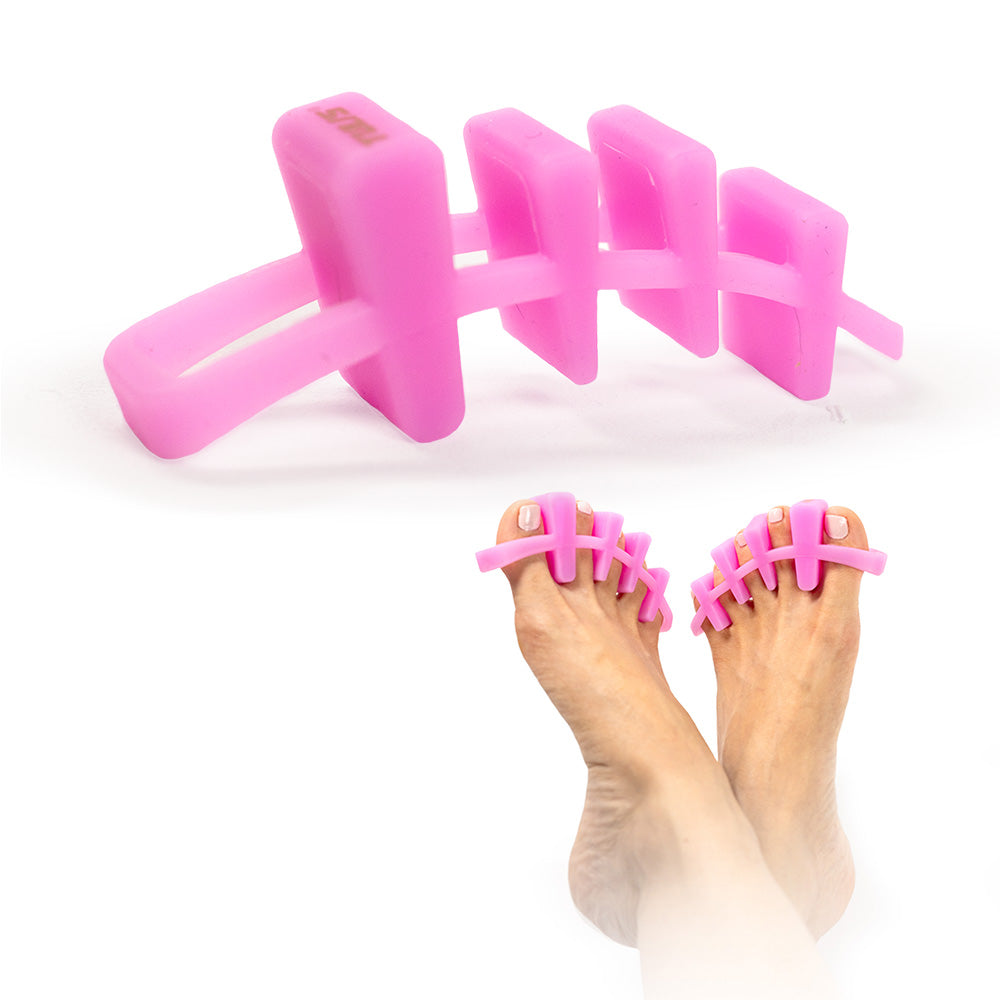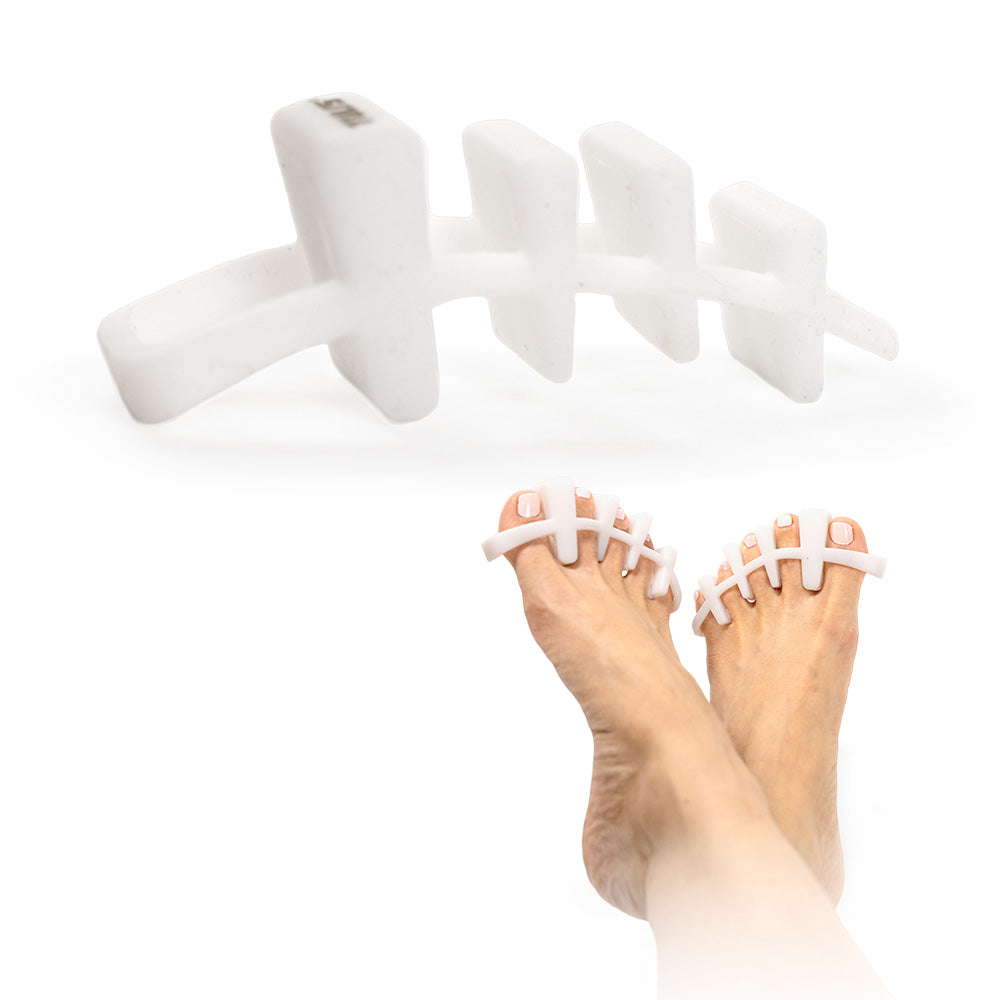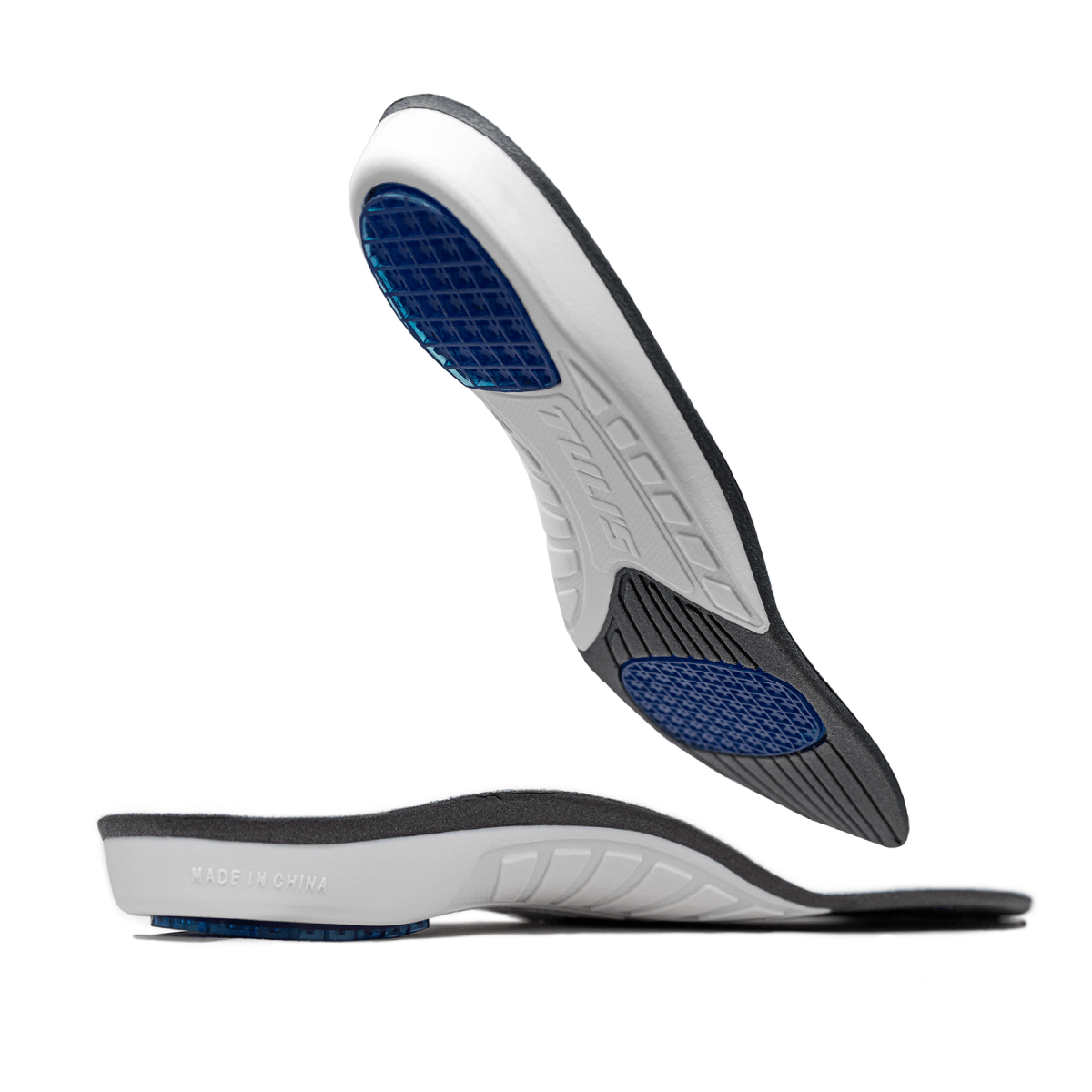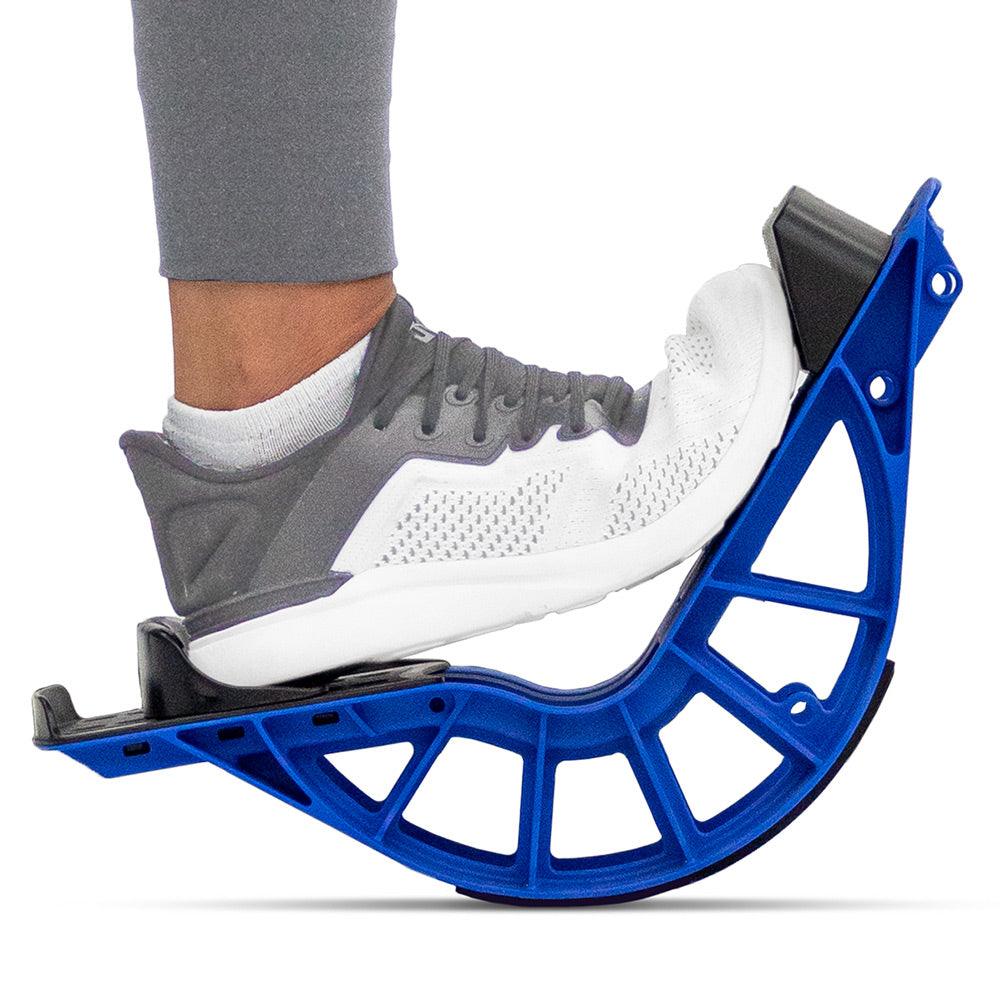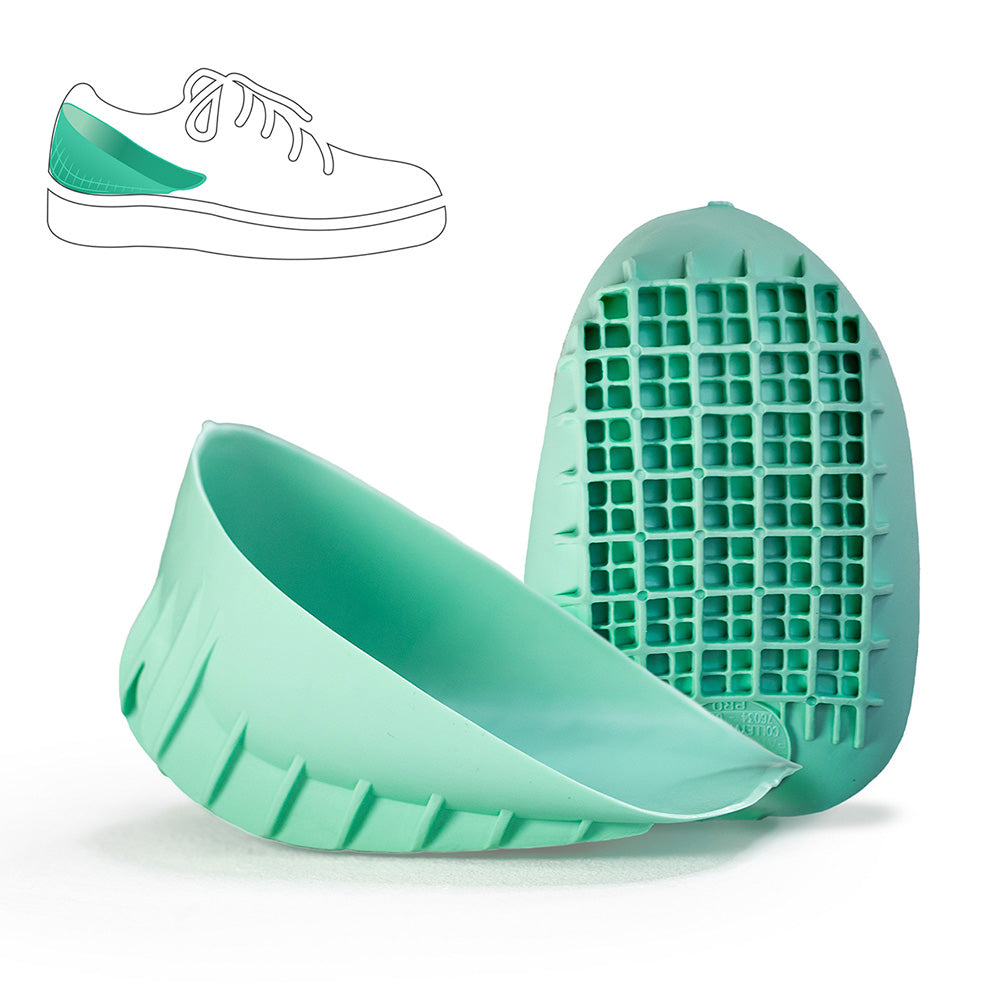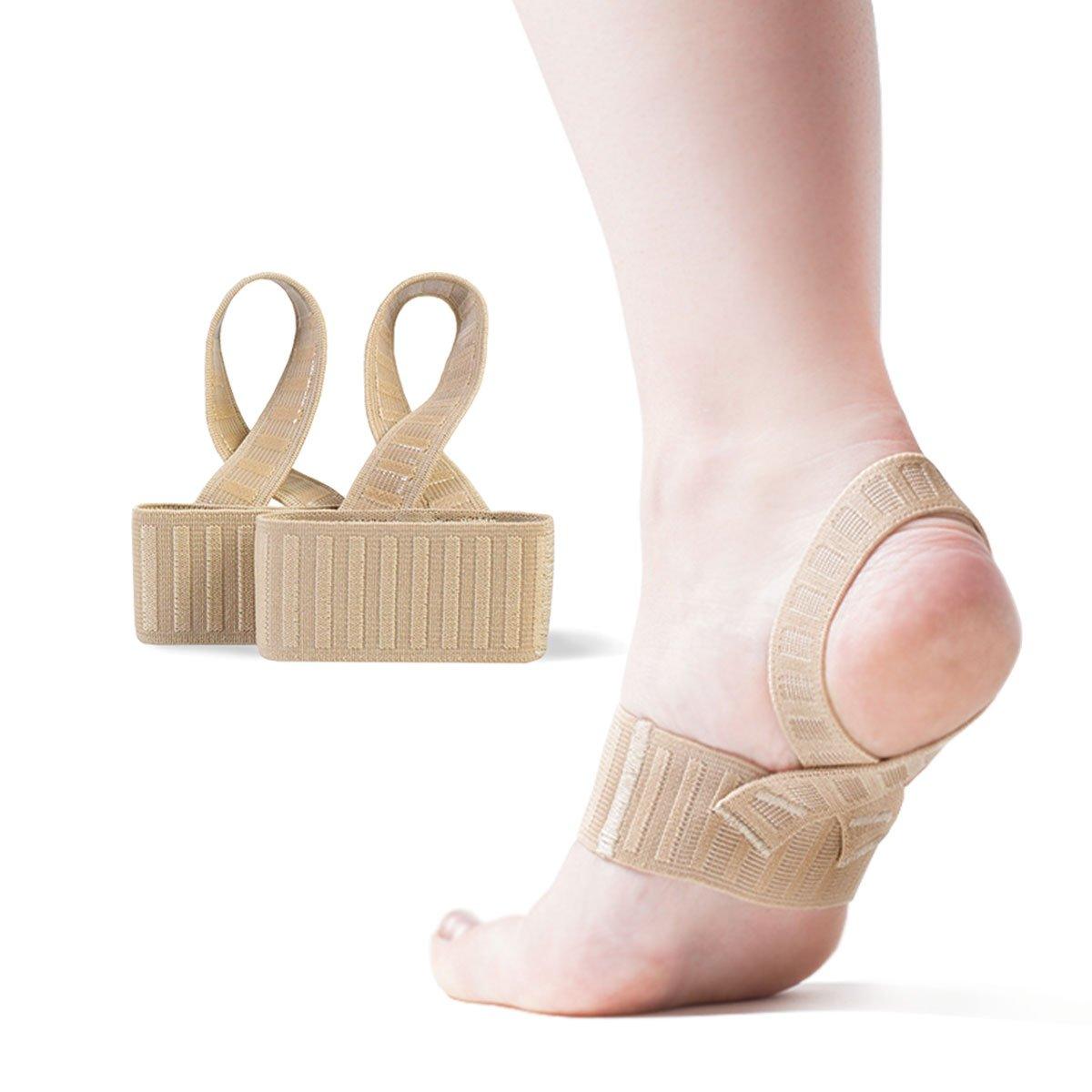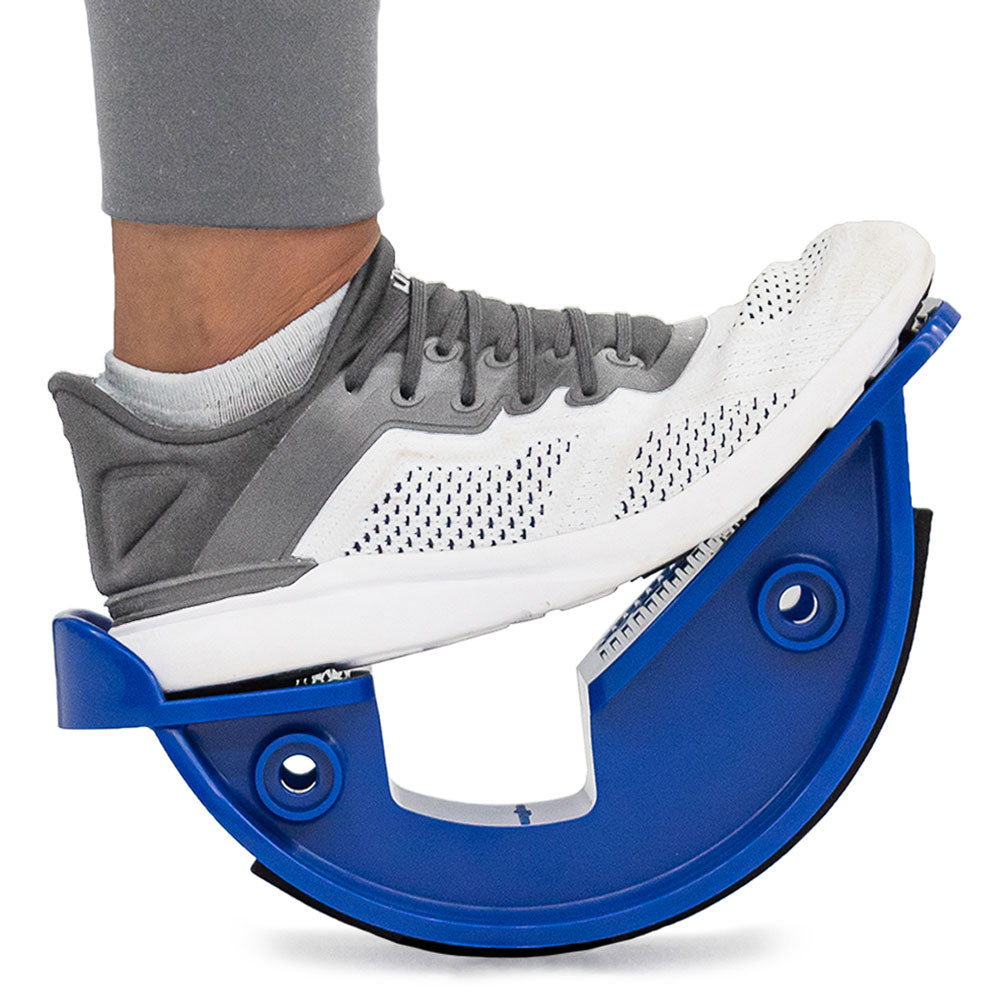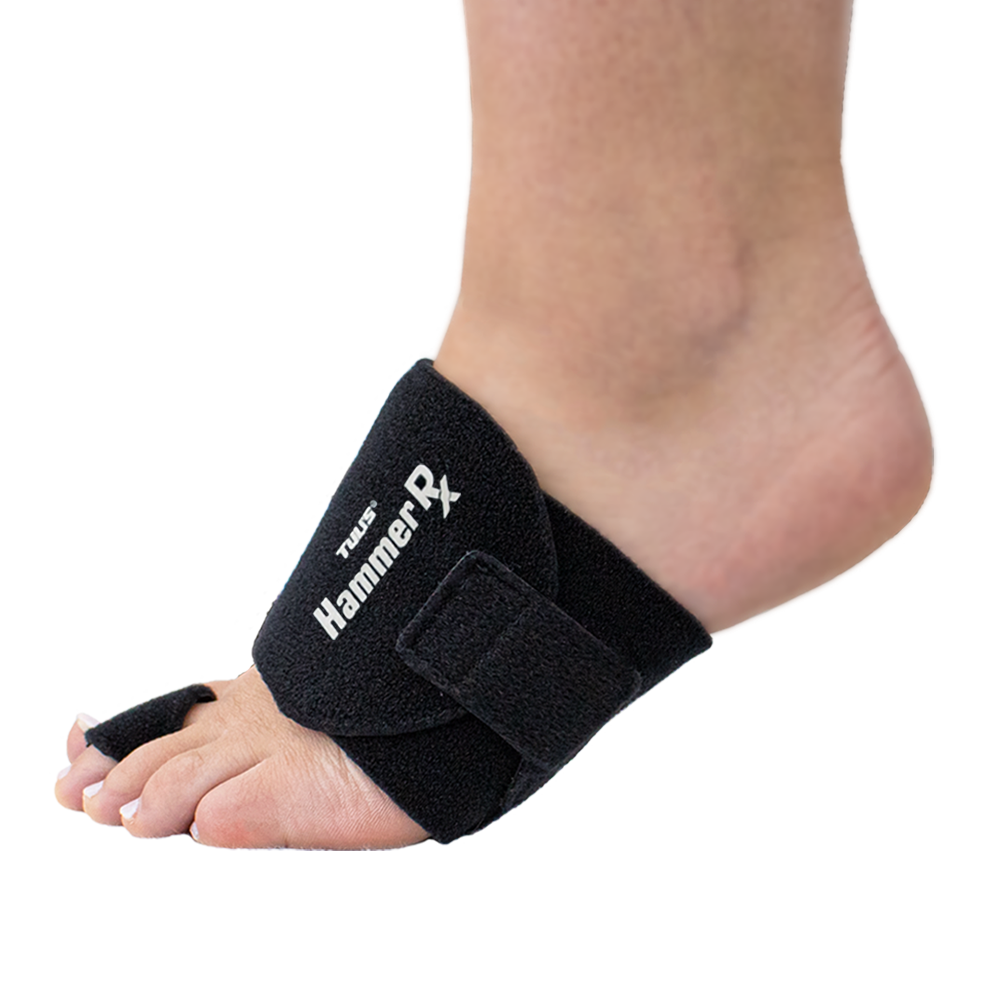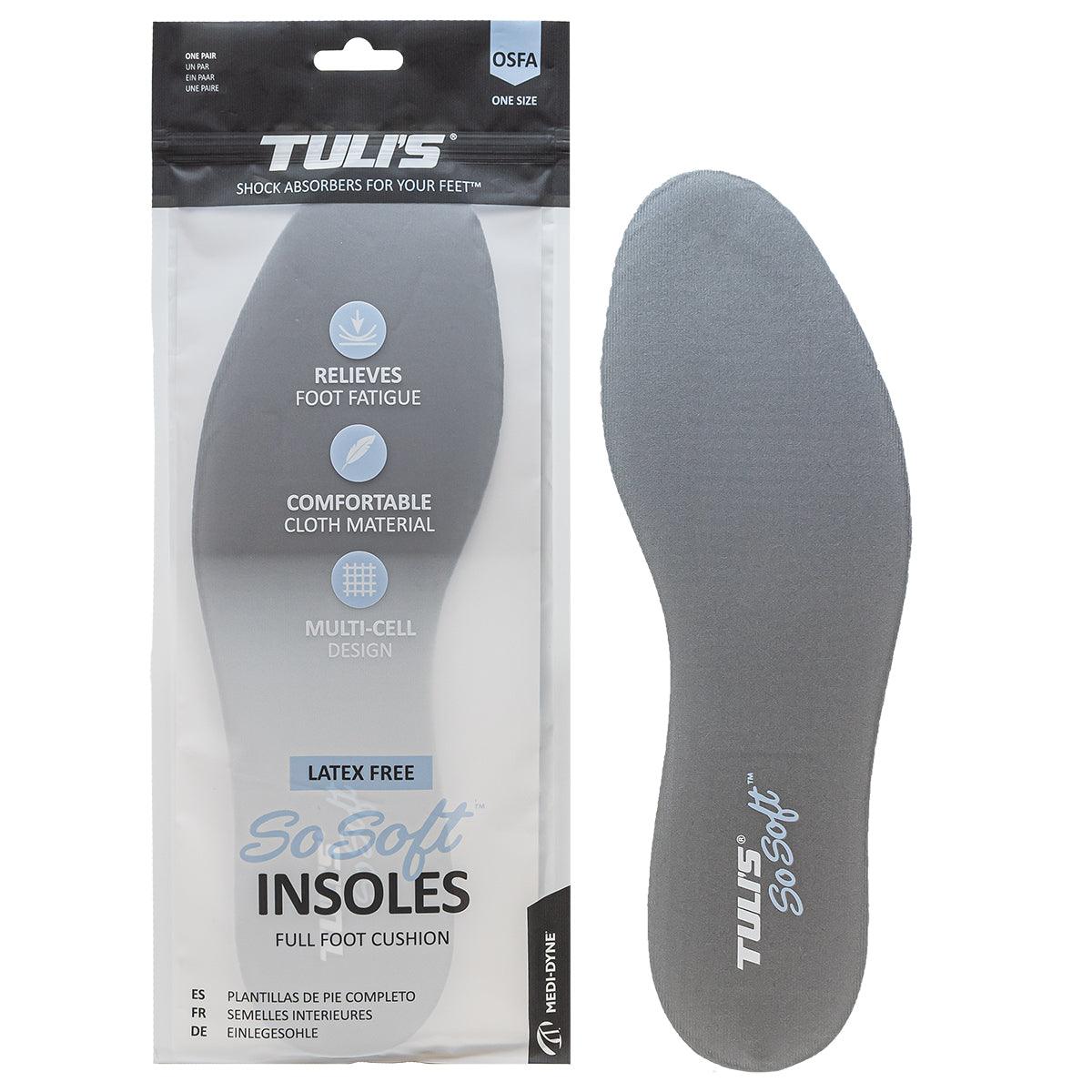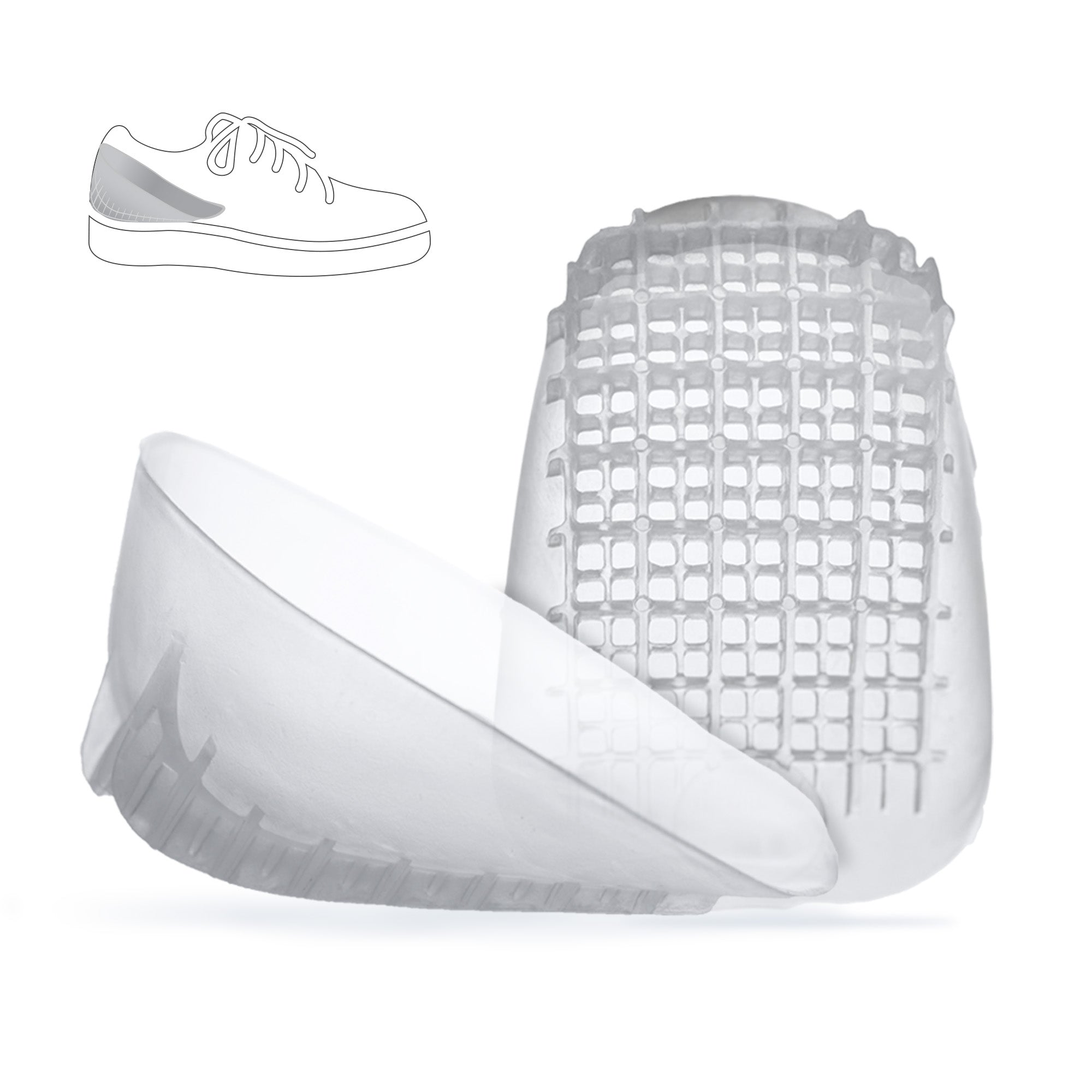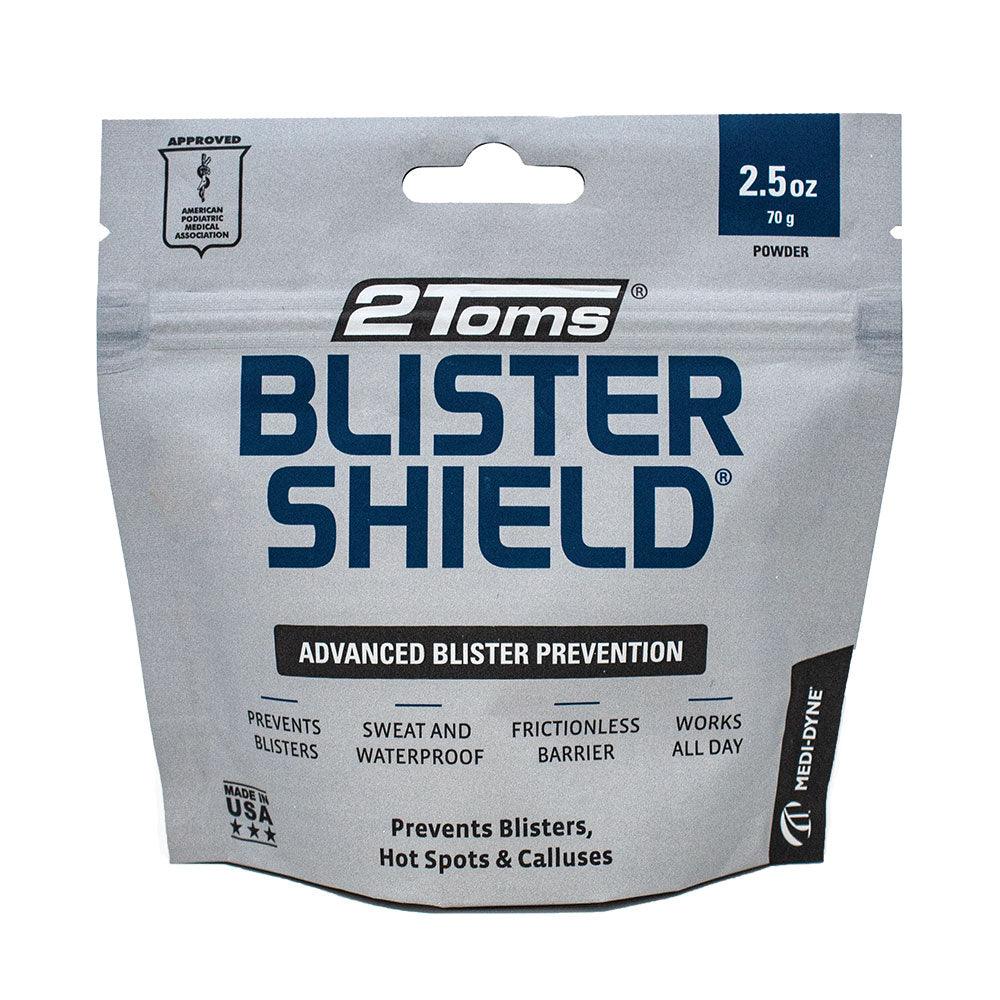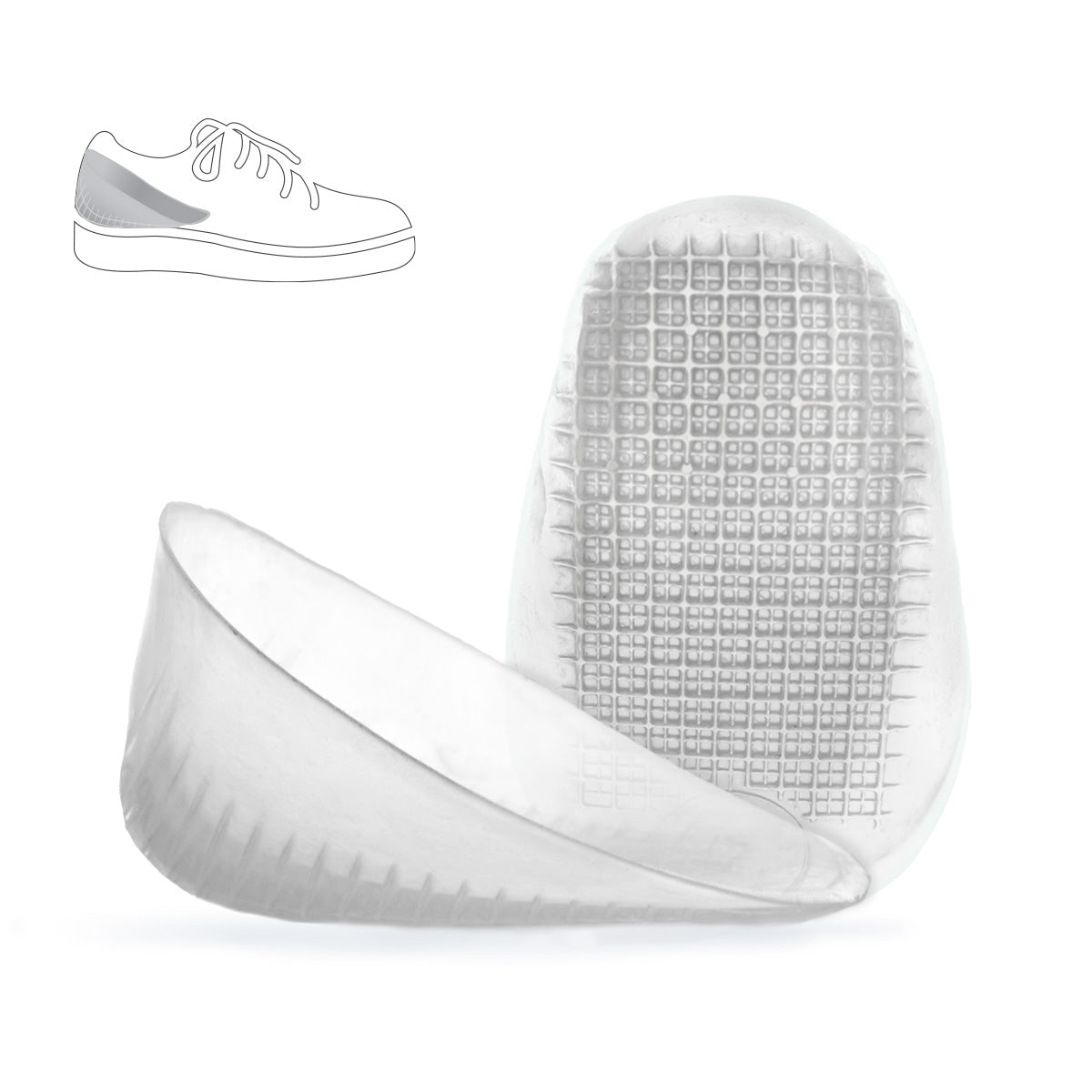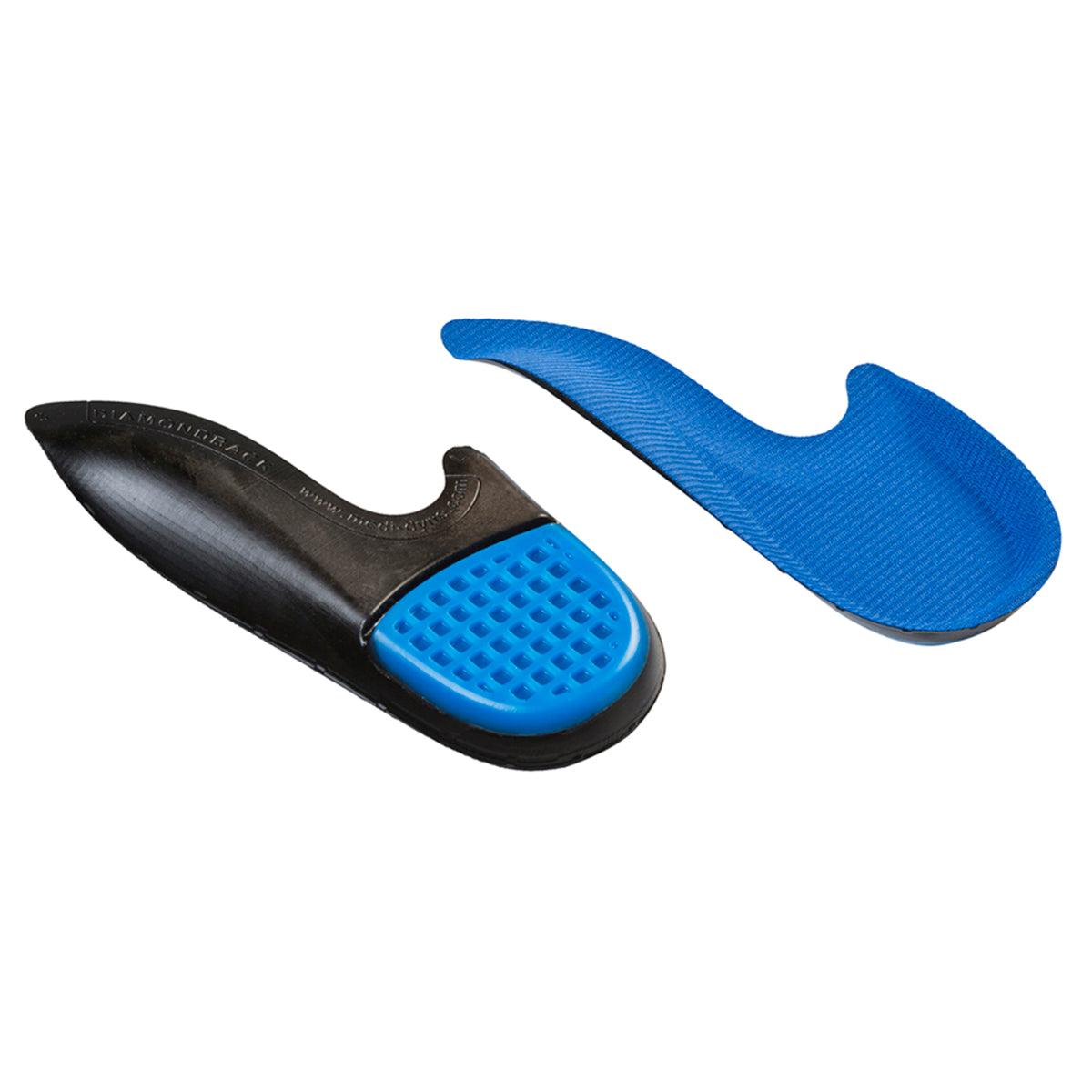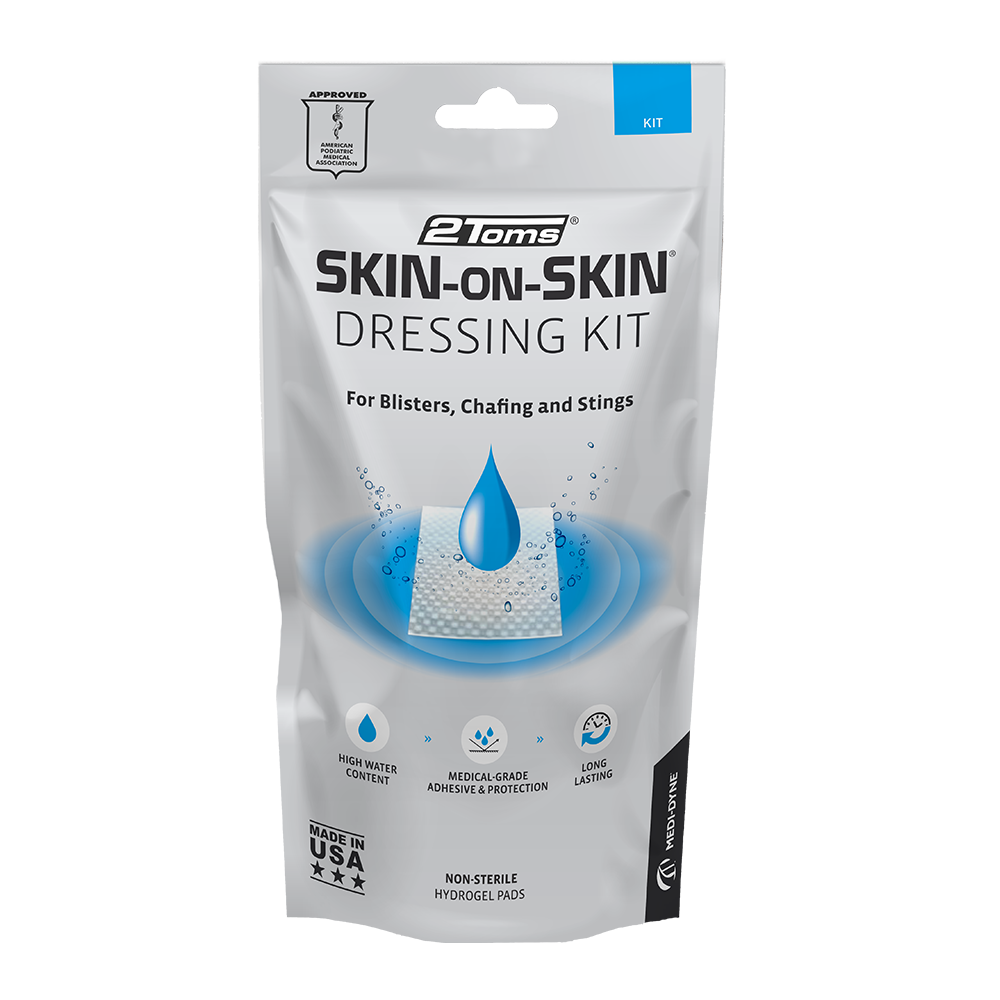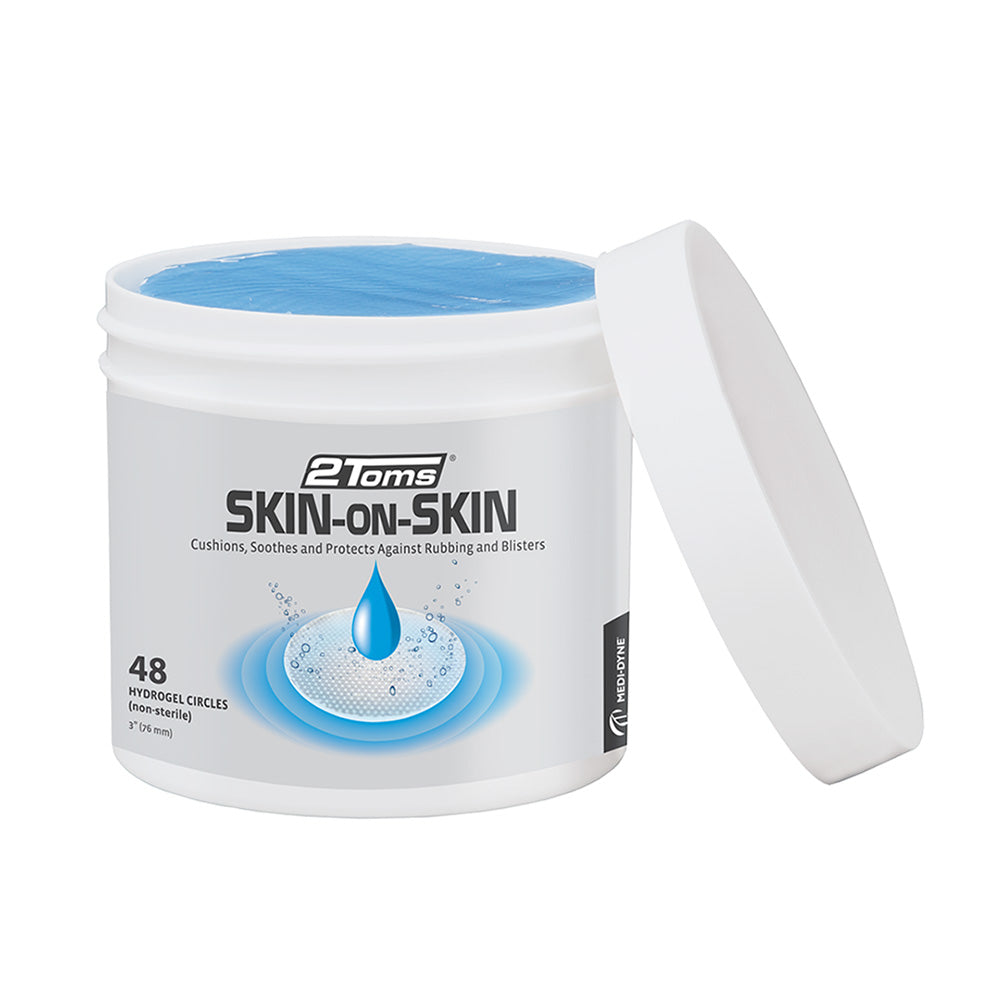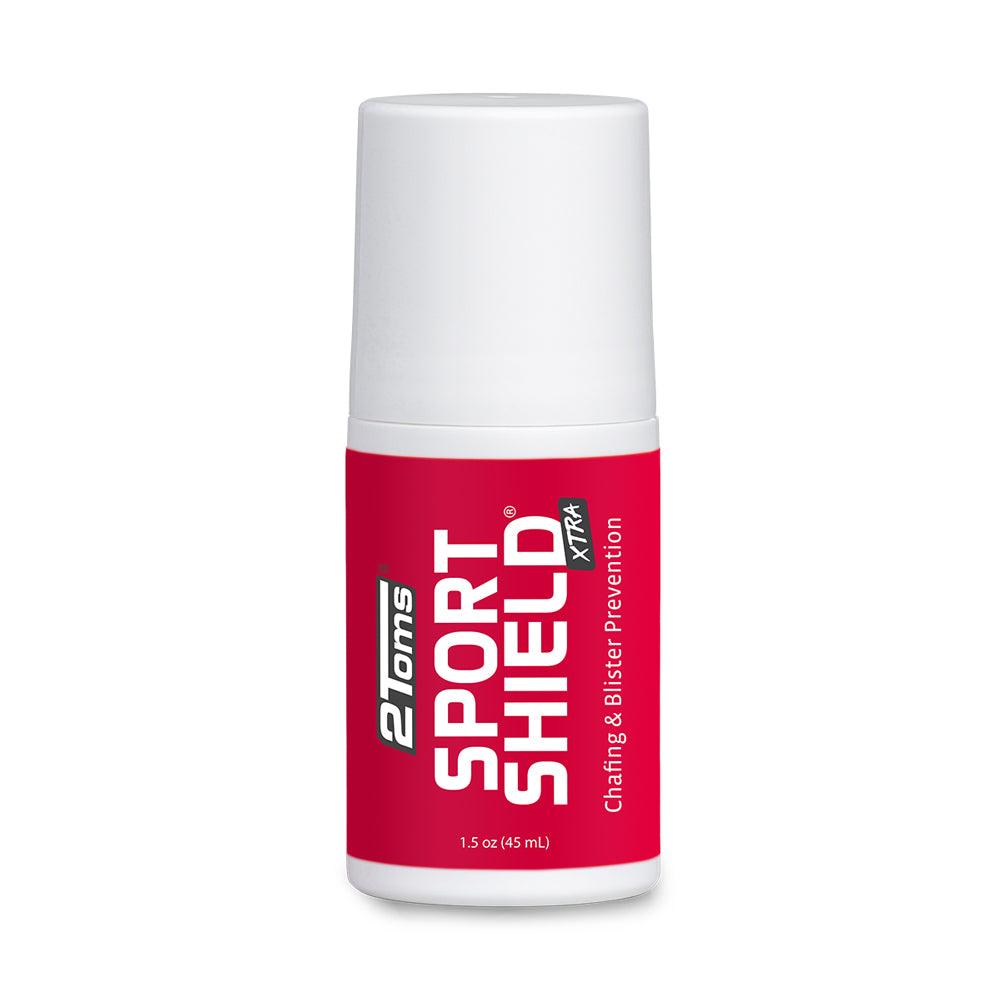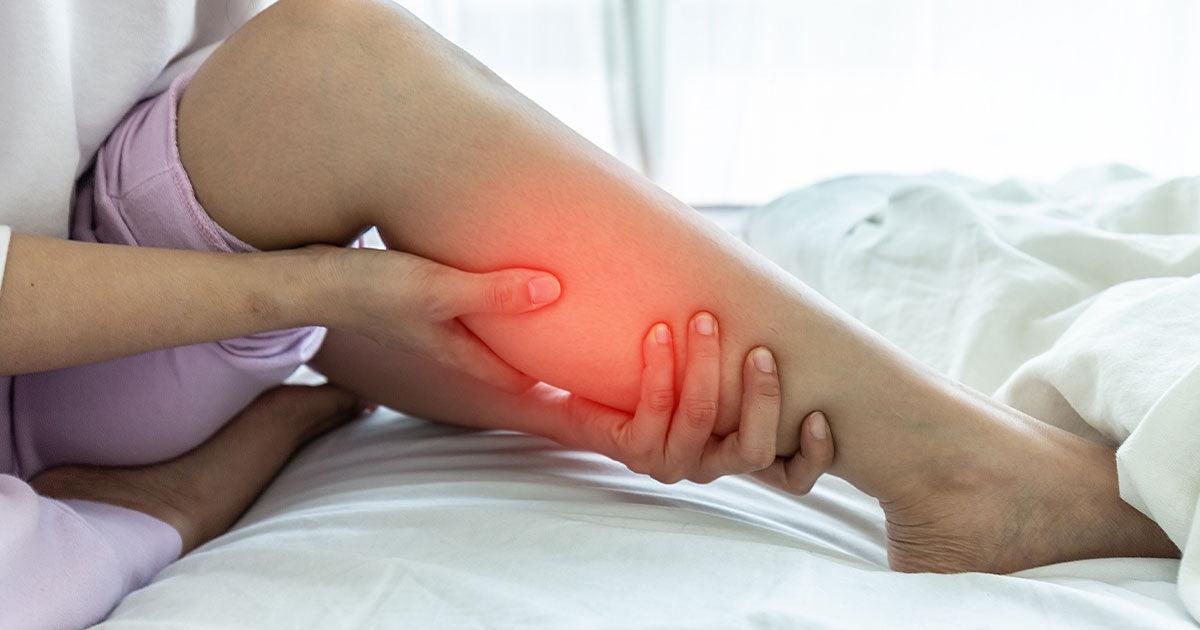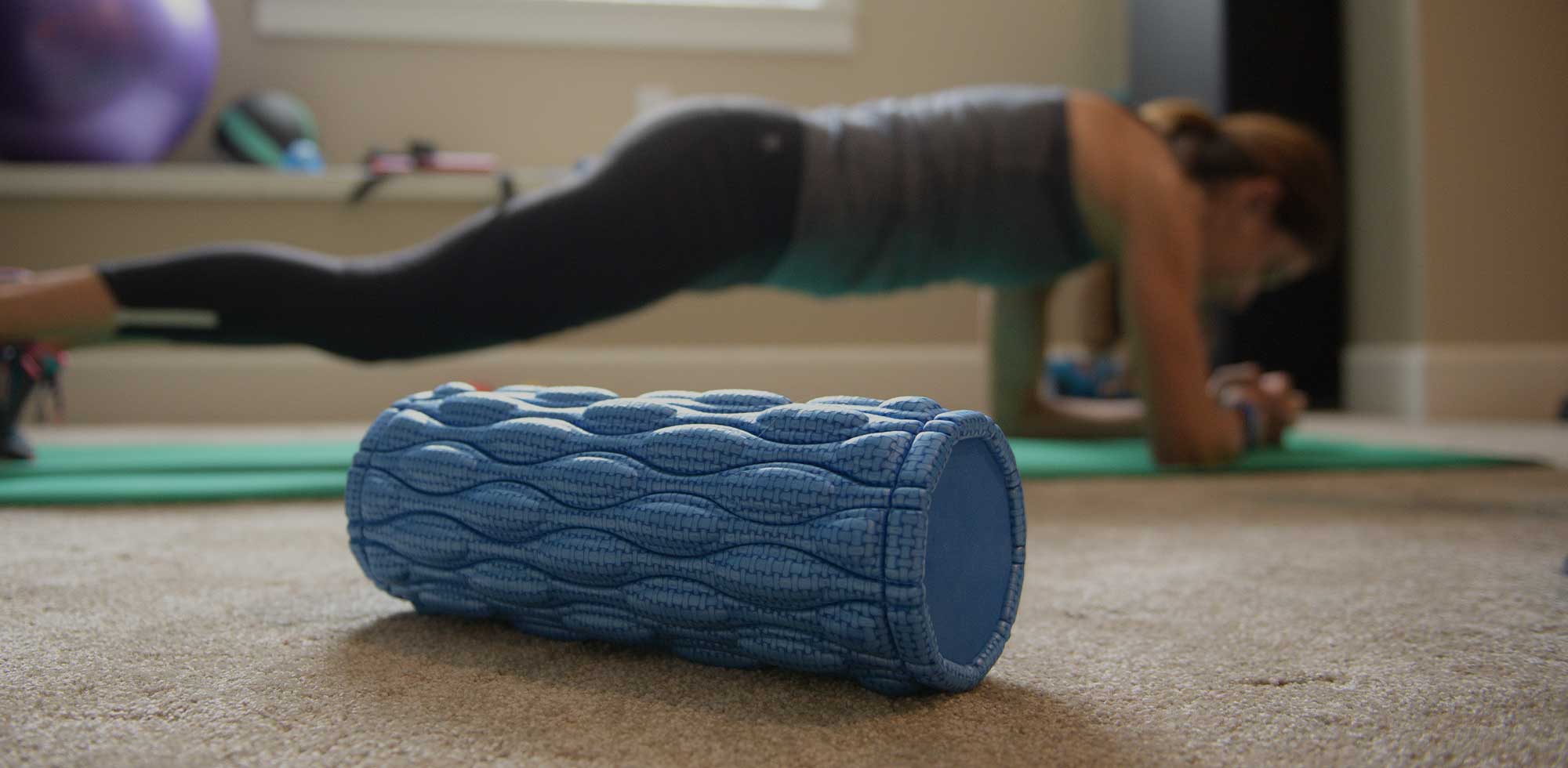Achilles tendon injuries are on the rise, with more than 230,000 reported cases occurring in the U.S. every year. While athletes have a significantly higher risk of Achilles tendon injuries, including ruptures and Achilles tendinitis, these injuries can affect anyone. Once injured, the Achilles tendon can be slow to heal, with a recovery period that can be over a year long.
Learning how to prevent an Achilles tendon injury is crucial in avoiding painful symptoms. However, if you have already sustained an injury, there are several steps you can take to treat your Achilles tendon injury and recover faster.
What is an Achilles Tendon Injury?
Your Achilles tendon connects your heel bone to the muscles in the back of your calf. This tendon is incredibly important for walking, jumping, and running. It’s also the tendon that allows you to raise yourself onto your tiptoes and point your toes downward.
While these tendons are strong enough to withstand up to 1,100 pounds of force, they don’t get adequate blood supply, making them more predisposed to injury. This lack of blood supply also causes Achilles tendon injuries to take longer to heal as they lack the amount of nutrients and fluids essential for healing.
Overuse of the Achilles tendon or having a sudden increase in duration or intensity of sports and exercise can lead to Achilles tendonitis, which involves tiny tears in the tendon, or an Achilles tendon rupture, when the tendon tears much more severely. These injuries can also be caused by falling from a height and from stepping into a hole.
Several factors increase your risk of suffering an Achilles tendon injury. Factors that increase your risk of injury are:
- Gender: Achilles tendon injuries occur more often in men than in women.
- Recreational sports: Achilles tendon injuries, including ruptures, occur more often in athletes for sports that involve jumping, running, and sudden starts and stops. This includes basketball, tennis, football, volleyball, baseball, and gymnastics.
- Excess weight: Excess weight and obesity strain the Achilles tendon.
- Certain antibiotics: Some antibiotics increase the risk of an Achilles tendon injury, including ciprofloxacin and levofloxacin.
- Wearing high heels or ill-fitting shoes: Ill-fitting shoes and high heels increase the Achilles tendon's stress.
- Certain conditions: Certain conditions such as flat feet, bone spurs, and leg muscles that are too tight can increase the risk of an Achilles tendon injury.
The Symptoms of Achilles Tendon Injuries
Pain is the primary symptom of an Achilles tendon injury. Pain may be mild or severe, depending on the severity of the injury, which may worsen over time. Pain associated with an Achilles tendon rupture is far more severe and instant compared to Achilles tendonitis and other injuries. You may also experience symptoms such as:
- Stiffness
- Tenderness
- Swelling
- The inability to stand on your toes or to bend your foot downward
- A snapping or popping noise when the Achilles tendon injury first occurs
If you believe that you have suffered an Achilles tendon injury, it’s essential to talk to your doctor immediately. Your doctor can diagnose the injury using a physical exam and image testing, such as an x-ray or an ultrasound.
How to Treat an Achilles Tendon Injury
Knowing how to treat an Achilles tendon injury can help you get onto the path of recovery faster and avoid further injury. The best ways to treat an Achilles tendon injury include:
- Rest: It’s important to avoid activities that may have caused your Achilles tendon injury or worsen the pain you experience. Take it easy and allow your tendon to rest and begin to heal gradually. When you do become more active, increase your activity level slowly to avoid reinjuring your Achilles tendon.
- Wear the right shoes: Wear shoes that provide adequate cushioning for your heel and offer firm arch support.
- Ice: Apply ice to your Achilles tendon for about 15 minutes when you experience pain or after exercise. Doing so will help reduce pain and swelling.
- Compression: Achilles tendinitis products provide additional heel support and compression to prevent your Achilles tendon from moving too much. This helps rest your Achilles tendon and reduce painful symptoms and discomfort related to Achilles tendonitis or an Achilles tendon rupture. The Cho-Pat Achilles Tendon Strap goes one step further with adjustable pressure and support for maximum effectiveness.
- Heel Support: By supporting and elevating the heel you reduce pressure and tension on the Achilles. Tuli's Heavy Duty and So Soft Heel Cups are ideal.
- Over the counter pain medication: For severe pain, consider over the counter medications that reduce pain and swelling, such as naproxen or ibuprofen.
- Stretching: Slowly building flexibility back into the Achilles tendon and connected muscles will help relieve tension and stress. ProStretch Plus ability to gradually increase the stretch with its customizable adjustment is an ideal tool.
An Achilles tendon injury can be serious, and recovery may take months or more than a year, depending on your injury severity. While recovering, it’s important to avoid returning to your previous activity level until you can easily move your leg. Additionally, make sure you do not experience pain when walking, jumping, sprinting, or jogging. The injured leg should feel as strong as your uninjured one.
How to Prevent an Achilles Tendon Injury
When it comes to an Achilles tendon injury, an ounce of prevention is the best medicine. While there is nothing you can do to eliminate your risk for an injury, you can minimize your risk by:
- Wearing shoes that provide support and fit well.
- Stop exercising if you feel tightness or pain in the back of your heel or calf.
- Always stretch and warm-up before intense activity.
- Increase your activity level gradually.
- Use products that provide additional support and compression, such as the Cho-Pat Achilles Tendon Strap.
- Strengthen your calf muscles.
Preventing and Treating an Achilles Tendon Injury
Achilles tendon injuries can impact anyone and lead to acute pain and reduced mobility. When left untreated, injuries can have difficulty healing or be susceptible to reoccurrence. Therefore, treat an Achilles tendon injury right away and avoid activities that may worsen the condition.
Do you have an Achilles tendon injury? We can help. Contact us today to learn more about our products and pain solutions.




